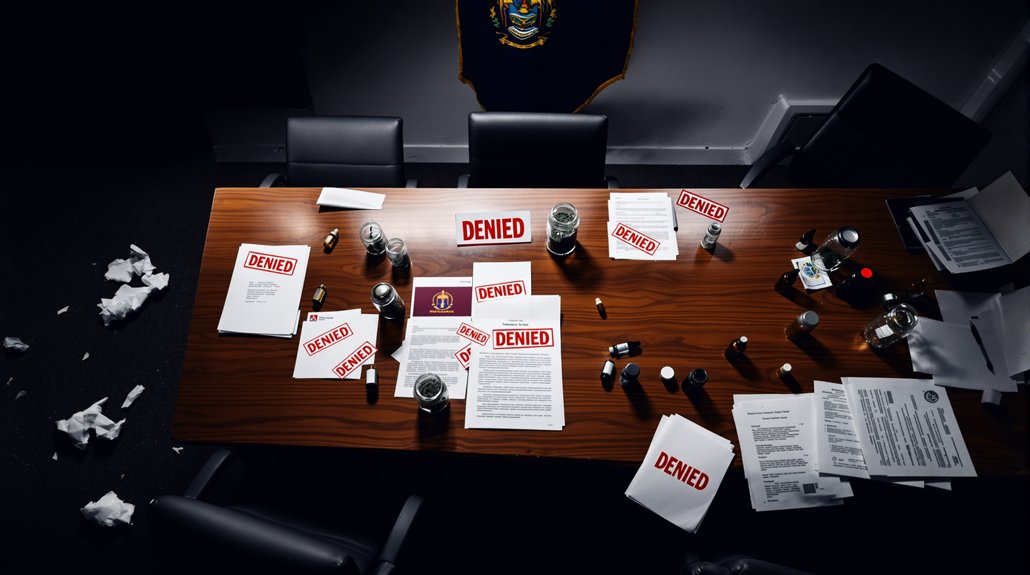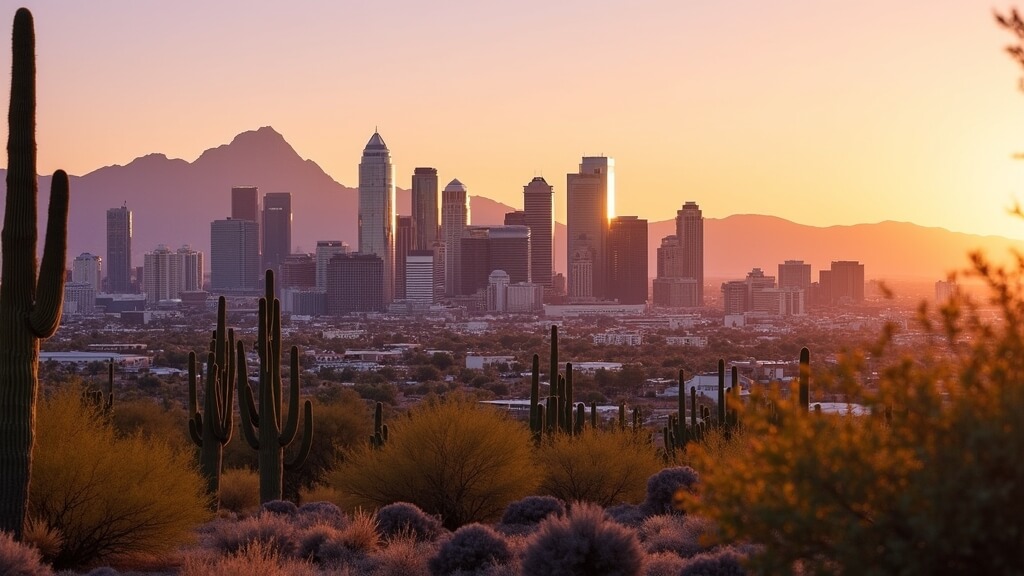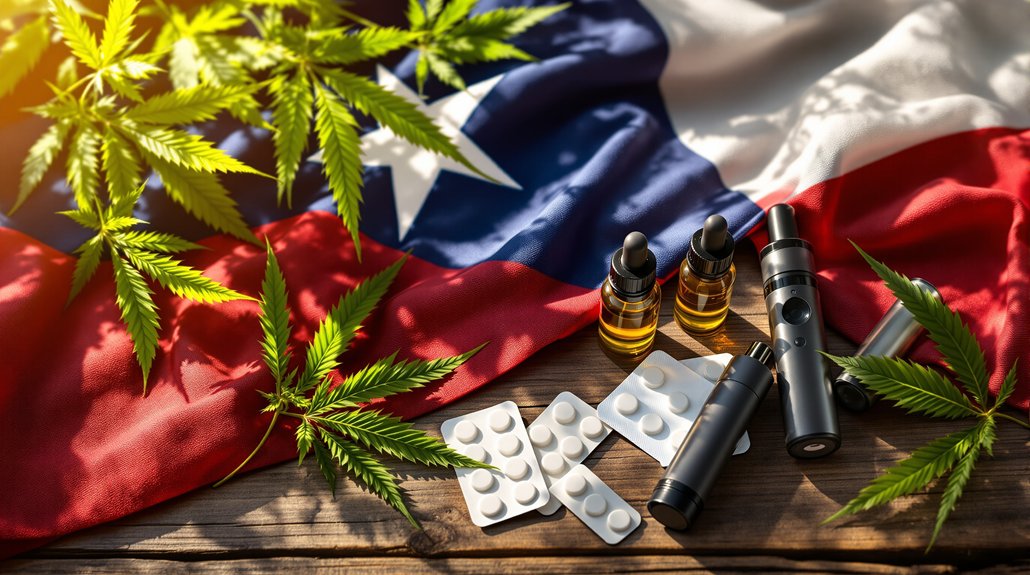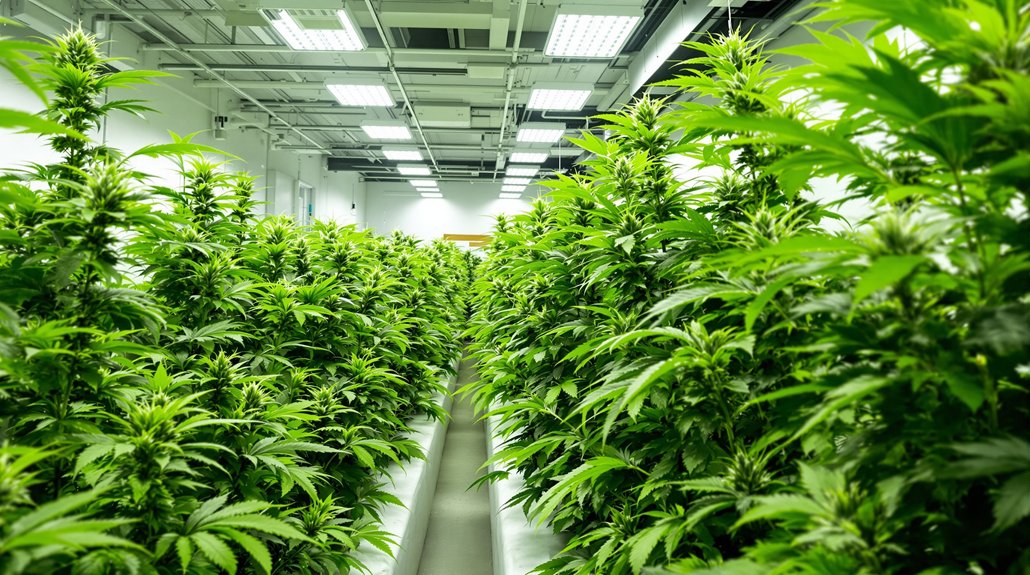Nebraska’s Medical Cannabis Commission has triggered widespread controversy with emergency regulations that severely restrict cannabis access, directly contradicting voter expectations from Initiative 438. The rules ban whole-plant cannabis, smoking methods, and many edible products, limiting patients to pills and oils only. In addition, the commission capped cultivator licenses at just four statewide, creating potential supply bottlenecks. These restrictions have mobilized patient advocates and prompted urgent public meetings, as stakeholders question whether the regulations align with the initiative voters actually approved.
Although Nebraska voters approved medical cannabis through Initiative 438, emergency regulations implemented by the state’s Medical Cannabis Commission have sparked intense controversy by severely restricting which products can be sold and how many businesses can operate. The emergency rules, approved on June 26, 2025, impose sweeping bans that advocates claim violate the voter mandate and create an overly restrictive medical cannabis program.
Nebraska’s Medical Cannabis Commission sparked outrage with emergency regulations that severely restrict products and business operations despite voter approval of Initiative 438.
The most controversial aspect of the regulations involves extensive product bans that prohibit dispensaries from selling whole-plant cannabis and products meant to be vaped or smoked. The ban extends to all edibles, raw flower, and vaporization products, limiting legal sales to non-inhalable, non-edible forms such as pills, oils, tinctures, and topicals. Products infused with Delta-8 or Delta-10 are specifically excluded from approved sales. These restrictions contradict broader voter expectations from Initiative 438, which did not specify such extensive product limitations.
The commission also imposed severe caps on business licenses that could greatly limit patient access. Cultivator licenses are capped at just four statewide, with each facility allowed to grow a maximum of 1,250 plants regardless of demand. Dispensary licenses are limited to one per each of Nebraska’s twelve judicial districts. The regulations prohibit vertical integration, meaning no applicant can hold more than one license type across cultivation, manufacturing, dispensing, or transportation. These limitations run counter to practices in states like Colorado and California where multiple license categories are available with lower barriers to entry.
Grower license applications will be selected through a lottery system, and all facility licenses are valid for only two years while being non-transferable and non-relocatable. Advocacy groups have responded with fierce criticism, describing the regulations as “outrageous” and “terrible rules” that violate the voter mandate by banning forms of cannabis permitted under the law. Leading activists assert that the Nebraska Medical Cannabis Commission is overstepping its authority by interpreting the law too narrowly. The regulations were implemented following Gov. Jim Pillen’s signature on the emergency medical marijuana regulations.
The backlash has prompted public outcry and mobilization efforts, with advocates urging protests and public comments before the July 15 deadline. A public meeting is scheduled for September 30 to allow community input on the controversial regulations. The licensing requirements create additional barriers for potential operators. Facilities must have majority Nebraska ownership of 51% with minimum four-year residency requirements. Each application requires extensive documentation including business information, residency statements, land descriptions, and local government approvals.
Similar residency requirements in other states have faced legal challenges for violating interstate commerce principles. These emergency regulations will remain in effect for up to 90 days and can be amended, allowed to expire, or made permanent afterward. The commission must begin granting registrations to qualified applicants by October 1, 2025. Multiple versions were drafted and considered before “Version A” was approved with small amendments and additional cultivator licenses.
Advocates point to other states where initial restrictive laws were eventually eased after public backlash, suggesting Nebraska’s regulations could face similar pressure for modification. The outcome will likely depend on sustained public feedback and the commission’s willingness to address concerns during the regulatory comment period.









